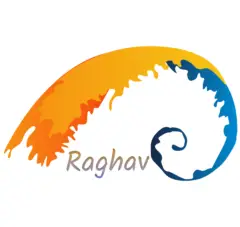Few suggesion’s here (Thanks), inspired me to compose a bash script for changing all object’s (TABLES / SEQUENCES / VIEWS / FUNCTIONS / AGGREGATES / TYPES) ownership in a particular schema in one go. No special code included in a script, I basically picked the technique suggested and simplified the implementation method via script. Actually,…
Tag: PostgreSQL
New Oracle-Compatibility features in PostgresPlus Advanced Server 9.3Beta
In short about EnterpriseDB product PostgresPlus Advanced Server, its built upon PostgreSQL community version with Oracle-Compatibility features and its ability to run with existing Oracle applications without any re-coding(typically required in migration) and allow enterprises to enjoy the benefit of the Open source database with PostgresPlus Advanced Server. As PostgresPlus Advanced Server 9.3 Beta built…
PostgreSQL Compressed Archive Logs in Windows
Many have blogged and offered glaringly on how to compress archive logs in PostgreSQL, I desire to share one of a short version from my end which’s on Windows. If archive storage is concern, then you can choose compressed archive logging feature in PostgreSQL. “archive_command(string)” in $PGDATA/postgresql.conf, is like a shell command to execute what’s…
ERROR: could not access file “$libdir/plpython2” – ERROR: could not access file “$libdir/plpython3”
Above error described on PG mailing as it failes to CREATE LANGUAGE plpython2u/plpython3u on PG9.3Beta. Error:postgres=# create language plpython3u;ERROR: could not access file “$libdir/plpython3”: No such file or directorypostgres=# create language plpython2u;ERROR: could not access file “$libdir/plpython2”: No such file or directory Before doing some study on above errors I read below PG documentation link…
Improvements in Slony-I 2.2.0beta
Thanks to Slony-I team for releasing Slony-I 2.2.0Beta with many enhancements on key areas. Few are mentioned here: Event capturing protocol changed for performance (sl_log_1 / sl_log_2): Earlier release, any DML(INSERT/UPDATE/DELETE) event data must store as SQL statement in two tables(sl_log_1/sl_log_2). Now, the protocol has completely modified to COPY format, as a result of this…
